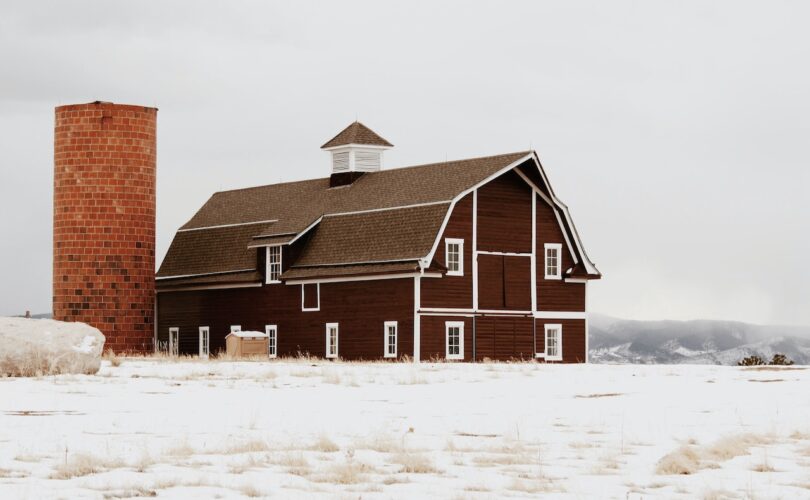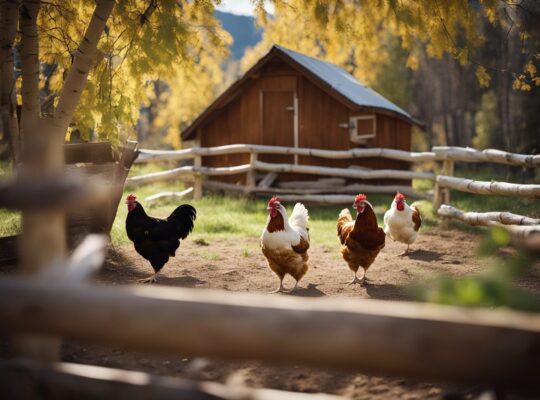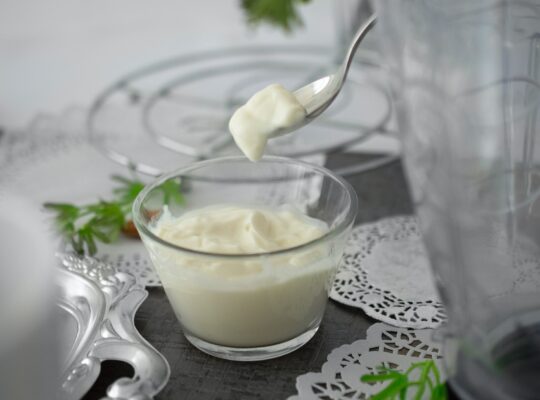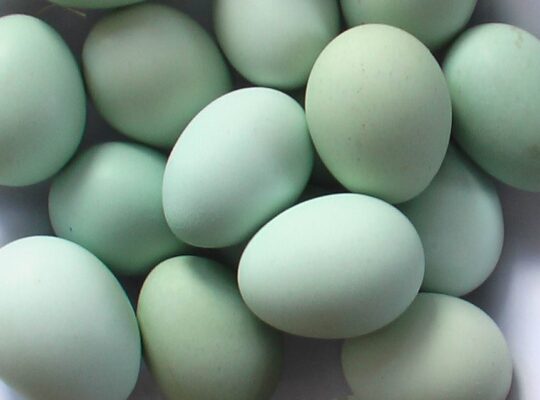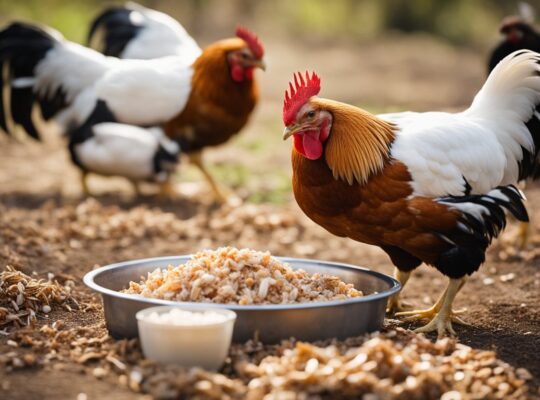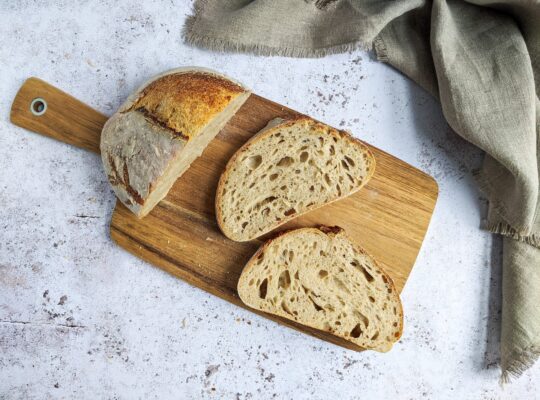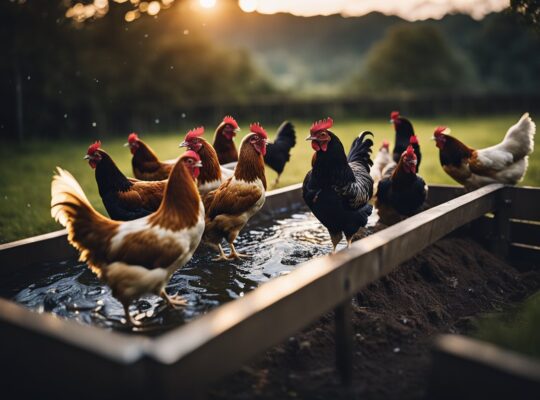Low sunlight during the winter months is the main cause of why chickens stop laying eggs during winter. Light is essential when it comes to laying eggs, and the lack of it, therefore, reduces the chances of egg production.
Most new farmers may be caught by surprise when their chickens drastically reduce egg production during the winter. You see, there is plenty of light during spring and summer, and this is a great factor that causes chickens to lay eggs almost daily.
However, when it comes to winter, the percentage of sunshine reduces significantly and this affects egg production. For example, according to centerresults.com, the average sunshine during winter in a state like Ohio is about 36%, compared to summer which is around 60%. This is a reduction of almost half, and this would most definitely impact egg production.
Let’s dive a little deeper, and explain how and why chickens stop laying eggs in winter.
1. Light
As we’ve already mentioned, light is the number one factor that causes chickens to stop laying eggs during winter. A chicken’s reproductive cycle begins with a light penetrating through the skull, skin and feathers to finally reach an organ in the brain.
After it reaches the brain, the brain tells the body whether to release a york from the ovaries or not. The york is the one that will be turned into an egg.
You may be wondering what about those warm winter days. Well, although it may be warm outside if there is no adequate light, some chicken breeds will slow down egg production. This brings us to the second point of why chickens stop laying eggs during the winter.
2. Low temperatures
A chicken uses a lot of energy to form and create an egg. During winter, the temperatures are normally below 5 degrees, while in places that experience severe winters, temperatures are below zero. This means that most of the energy will be spent to keep warm instead of producing an egg. This is normally referred to as cold stress.
Cold stress is a condition where the chicken’s skin temperature is lower than its internal body temperature, hence making the body unable to generate heat through metabolism. This means that the chicken will need to use more energy to stay warm. The level of cold stress depends on the chicken’s age, health and breed. Older chickens are more prone to cold stress than younger chickens, meaning they will stop laying eggs rather early compared to the strong and energetic pullets.
Cold hardy chicken breeds, on the other hand, may not experience cold stress compared to non-cold hardy chickens. An example is The Brahma breed, which is one of the least susceptible to cold due to its thick feathers.
Assimilation can help your chickens to avoid cold stress and continue laying eggs during the winter. Chickens that are assimilated to winter, have a higher chance of producing eggs in the cold months. Having said that, abrupt cold snaps will cause your chickens to conserve heat, which uses a lot of energy causing low egg production.
Why do chickens stop laying eggs in the fall?
Molting is one of the main reasons why chickens stop laying eggs during the fall and winter. Molting can be described as the process of shedding old and weary feathers for new ones. A rebirth so to speak. Molting normally occurs during the fall.
Molting requires a lot of energy. The decrease of light during fall, coupled with the molting process causes chickens to put a stop to laying eggs as most of the energy is geared towards keeping warm and growing new feathers. Wild birds naturally don’t lay eggs during the fall and winter due to this.
Some chickens, however, will go through the molting process quicker than others. If there is still enough sunlight after they have molted, they will continue laying eggs during the fall, and then decrease in the winter time due to energy conservation. Those that don’t resume laying eggs will most likely start laying eggs again during spring when the weather is warmer and there is ample sunlight.
Conclusion
It is natural for chickens to stop laying eggs during the winter due to cold weather. Just like humans, we are also normally not as productive during the winter months as we are during summer.
You can however increase egg production during fall and winter by providing heat and artificial light to your flock. It is important to provide warmth to your chickens during the cold months, to reduce chances of cold stress and other cold-related illnesses.

